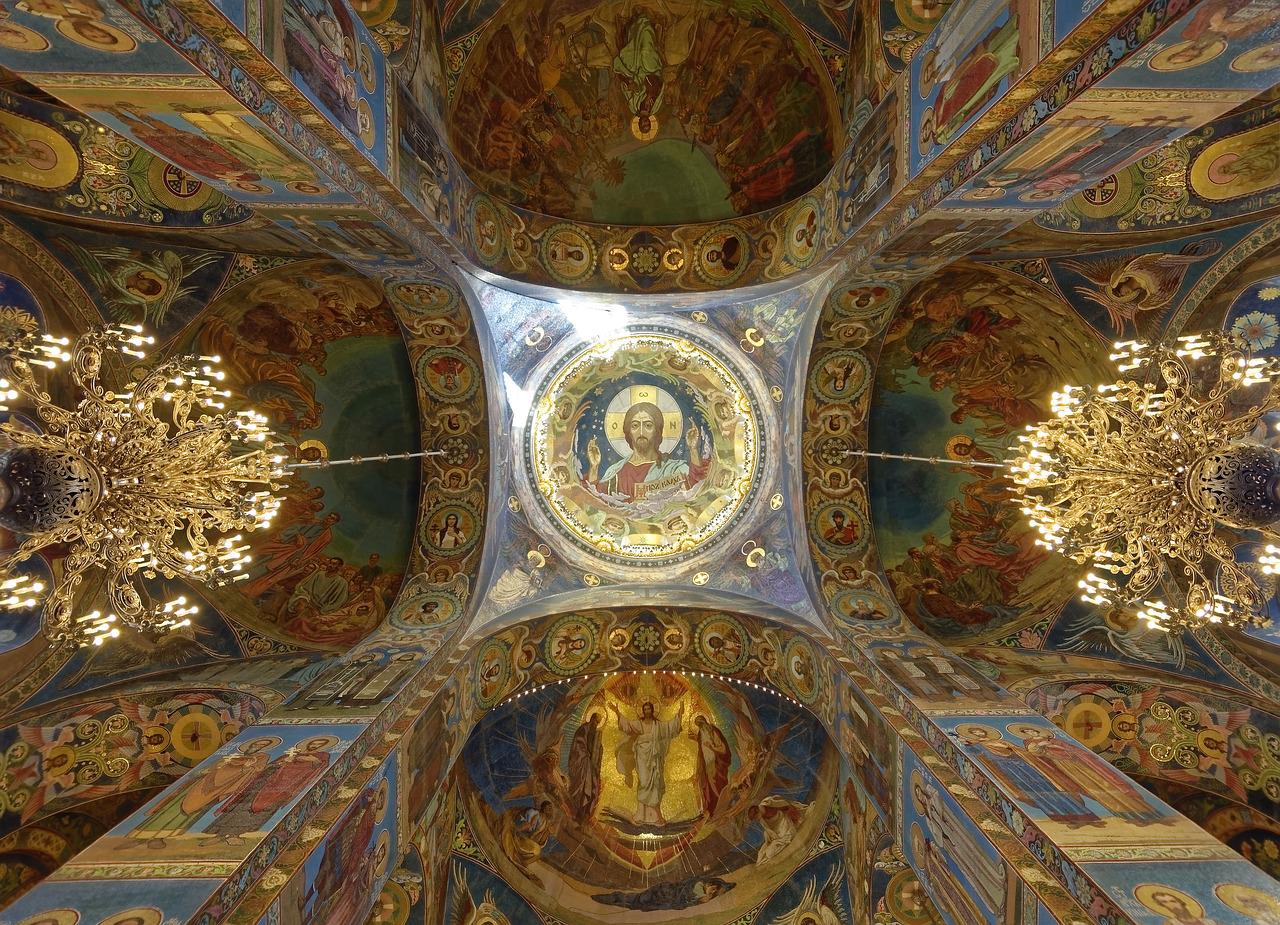What could Tolstoy and Dostoevsky suggest to Putin

Tolstoy and Dostoevsky remind us that the human soul, although lost in the delirium of omnipotence and in the desperation of committed and endured violence, is never precluded from the path of reason. The intervention of Francesco Provinciali
I believe that in his long parable of his rise to power, partly attributable to the fortuitous intersections of an unavoidable destiny and partly due to the ability to pre-order events, Vladimir Vladimirovic Putin has always been conditioned and guided by two fundamental aspirations: to credit himself in the fullness of its potential and to represent Russia, aware of being the heir to the historical and cultural identity of a country of over 144 million inhabitants, spread over 17 million square kilometers, crossed by 10 time zones, including 200 ethnic groups and more 60 between languages and dialects.
In this existential condition it even becomes inevitable to confuse the plans of being and appearing but Putin in this apical phase of dramatic decisions has chosen to bring the world to the brink of an abyss with no return.
Basically he is alone, he cannot trust even the most reliable collaborator, he puts between himself and others the distance of absolute power, the distrust of conspiracies, conspiracies and betrayals: the table over six meters long that separates him from his interlocutors is the icon of an ill-concealed weakness, behind the arrogance of words and the ruthlessness of decisions and gestures.
Perched in a bunker that is getting tighter and tighter, perhaps undermined by evil, it relies on the procrastination of violence through a military strategy that has turned out to be wasteful and fallacious, dazzled by the mirage of relaunching and resorting to destructive weapons uses the threat as a deterrent to his most felt fear, that the imperialist and expansive project will collapse and lead to the annihilation of any calculated aim.
Besides the apparent arrogance, what ghosts does he feel around him, what impending dangers agitate his thoughts and disturb his nights?
The awareness of using the absolute power of the regime and disinformation to conceal the evidence of reality could be alibis that hide the fear of failure in a design that history has already known many times in the past, the worst enemy is the ostentation of strength and the certainty of taking possession of the levers that can bury humanity in a sort of cupio dissolvi : one wonders in amazement what is the boundary within which to stop, using the path of discernment and awareness.
This lesson not learned in the twentieth century bounces back into the new millennium but knows no other outcome beyond the horrors of the tragedy. A holocaust is such not only for the extent and numbers of victims: it is the absolute evil that extinguishes all hope, steals the affections, punishes the innocent, dresses in horror and death.
Russia has deep roots in the culture and universal values that have marked the path of humanity: from the inner probes in the perennial struggle between good and evil, to the yearnings for freedom of a people now amorphous, now rebellious but perpetually oppressed, to heights unattainable in literature, science, art. This is the Russia that we love and that has been our friend, a singular and unique but full-bodied and powerful expression of that non-Western European civilization but its component and completion.
If sanctions – despite a thousand reservations and self-destructive drifts – are an alternative way to the use of weapons, they cannot, however, repress, punish and make hostile every cultural, artistic or sporting expression that makes us a gift of the traditions of a civilization that exists to us. even complementary. Even Putin himself, who often in the past has evoked the greatness of the best children of his homeland, those who have left indelible traces that ennoble human values, should draw with meditated reflection, with humility and pride from the reading of the great Russian authors, peaks unparalleled of the culture of all times. He is certainly not Rodion Romanovic Raskol'niìkov of Crime and Punishment but he can learn how every sin knows its own expiation: “But how is it possible, how is it possible to live without other men?”.
It is not Dmitry Fyodorovich Karamazov but he could understand how deep the abysses of evil are: "If God does not exist, then everything is allowed".
It is not even Pëtr Kirillovič Bezuchov but War and Peace could become the metaphor of an unthinkable miracle: “Everyone thinks about changing the world but nobody thinks about changing himself”.
The human soul – even if lost in the delirium of omnipotence and in the desperation of committed and endured violence – is never precluded from the path of reason. In the name of that universal sensitivity which is the root of civilization even in the drama of the most tragic events, if any of those who praise him today, to the point of being megaphones of the propaganda of evil, would give him the gift of leaving Tolstoy's books on his bedside table and Dostoevsky would offer him the opportunity to understand that he has taken the wrong path: in those masterpieces the true greatness of Russia is expressed, not in the ruthless cruelty that makes him damned.
Unfortunately it is only an illusion: the path of reflection and rethinking that lives in the most hidden depths of the conscience of each one does not belong to him and does not lead him to a turning point, a gesture of resipiscence, a repentance, a redemption.
This is a machine translation from Italian language of a post published on Start Magazine at the URL https://www.startmag.it/mondo/ecco-cosa-potrebbero-suggerire-tolstoj-e-dostoevskij-a-putin/ on Sun, 26 Jun 2022 05:32:18 +0000.
